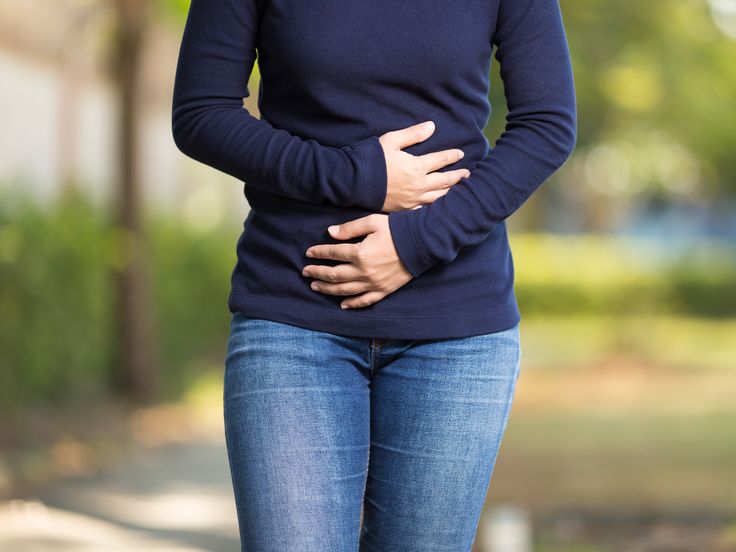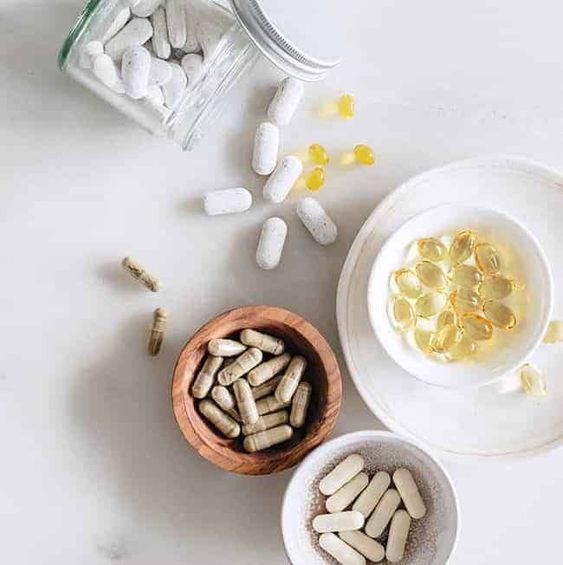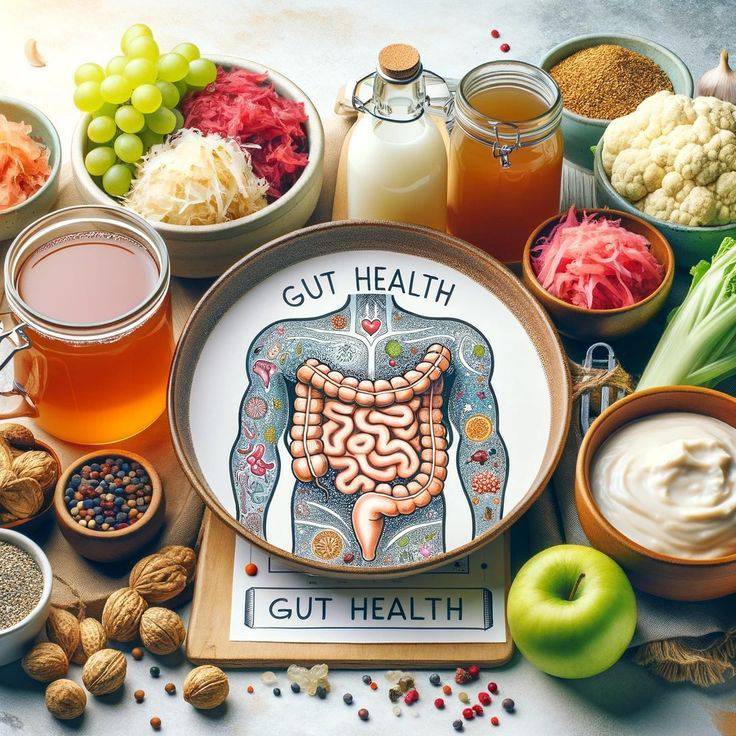
Gut Health And Longevity, Imagine two folks in their seventies. One is flourishing, hiking, socializing, and picking up fresh interests. The other battles include regular illness, stomach problems, and tiredness. What separates them? It may simply be their gut flora.
Indeed, the secret to healthy aging might be the unseen ecosystem found inside your intestines. The good news is that you can actively change your microbiome for the better; science has found an amazing link between gut health and lifespan. By means of basic daily routines, you can enhance your gut health, boost your immune system, and extend more colorful years into your life. So let’s get right in!
Your microbiome, that is, the trillions of bacteria, fungus, and other microorganisms found in your gut, is considered a busy metropolis in which every germ serves a purpose, some good, some neutral, some disruptive agent. Your microbiome changes as you age; if the good bacteria lose their predominance, inflammation, compromised immunity, and age-related illnesses might result.
Research has connected a varied and balanced microbiota with enhanced brain activity, lower chronic illness risk, and even a longer lifetime. One study on centenarians discovered they possessed special gut flora that enhanced their immune systems and lifespans. How, therefore, may one foster a healthy microbiome?

Prebiotics and probiotics help your gut bacteria get the nourishment they need to operate as they should. While probiotics bring helpful bacteria into your stomach, prebiotics, fiber-rich foods, nourish good bacteria.
→ Garlic, onions, and leeks
→ Bananas and asparagus
→ Oats and flaxseeds
→ Yogurt and kefir
→ Foods fermented like sauerkraut, kimchi, and miso
→ Tempeh and kombucha
Daily additions to your diet help preserve a balanced microbiota, keeping your gut youthful and strong.

Although the body uses inflammation as a natural defensive system, persistent inflammation speeds up aging. Many age-related disorders, including cardiovascular problems and Alzheimer’s, start with ongoing low-grade inflammation. Management of this process depends critically on your microbiome.
Foods That Help Lower Inflammation
Steer clear of processed foods, too much sugar, and synthetic additions that could feed dangerous microorganisms and aggravate inflammation.
Gut Health And Longevity, Sleep is not only for beauty; it is also necessary for a healthy gut. Bad sleep throws off the microbiota, raises stress hormones, and increases gut permeability, also known as “leaky gut,” which causes inflammation and disease.
Advice For Improved Sleeping Conditions

Constantly connecting via the gut-brain axis, your gut and brain are close friends. Chronic stress disrupts this relationship, leading to inflammation, digestive issues, and even altered gut flora.
Just ten minutes per day helps to improve intestinal homeostasis and reduce stress hormones.
From walking to weight training, regular movement improves gut health and general longevity.
Strong bonds and community involvement support a variety of the microbiota and good aging.
Aging gracefully depends on giving mental health top priority as much as nutrition.

When necessary, antibiotics save lives, unfortunately, abuse wipes away helpful gut bacteria, which fuels imbalance. Common drugs like NSAIDs and antacids can also over time significantly affect your microbiome.
What, Therefore, Ought To Be Done?
Gut Health And Longevity, Though it’s sometimes disregarded in gut health, enough water supports digestion, vitamin absorption, and cleansing. Constipation, gastrointestinal disturbances, and slow metabolism can all follow from dehydration.
Tips For Hydration

Not only a weight-loss trend, intermittent fasting (IF) is a scientifically supported approach to increase gut health and lifespan. Fasting lets your gut flora reset and stimulates the growth of helpful microorganisms.
Fast for sixteen hours, then eat eight hours apart.
Eat regularly for five days; cut calorie count for two days.
Choose a fasting strategy fit for your way of life.
Regular fasting lets your microbiota flourish, therefore lowering inflammation and enhancing general health.

Gut Health And Longevity, Although modern lives separate us from nature, exposure to natural surroundings helps diversify your microbiome. Beneficial bacteria can enter your intestines through gardening, park walks, or even pet ownership.
Techniques To Boost Microbial Diversity
Exercise isn’t just for keeping your muscles strong, it also plays a critical role in maintaining a youthful gut. Physical activity improves microbial diversity, decreases inflammation, and supports digestion.
Best Sorts Of Exercise For Gut Health
Aerobic activities: Walking, jogging, swimming, or cycling
Strength training: Weightlifting or resistance band exercises
Yoga and stretching: Helps digestion by promoting intestinal motility.
Even a 30-minute walk each day can positively benefit your gut microbiota, increasing longevity and overall well-being.


Aging healthily is about daily behaviors that support a strong gut and robust body, not about pursuing a miracle pill. Eat meals high in fiber, control stress, give sleep first priority, be aware of drugs, and build a microbiome that keeps you feeling young, vibrant, and healthy for years to come.
What, then, is one simple, gut-friendly adjustment you could make today? Your future self will be glad!